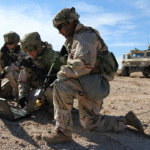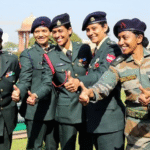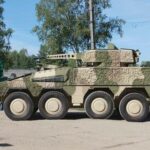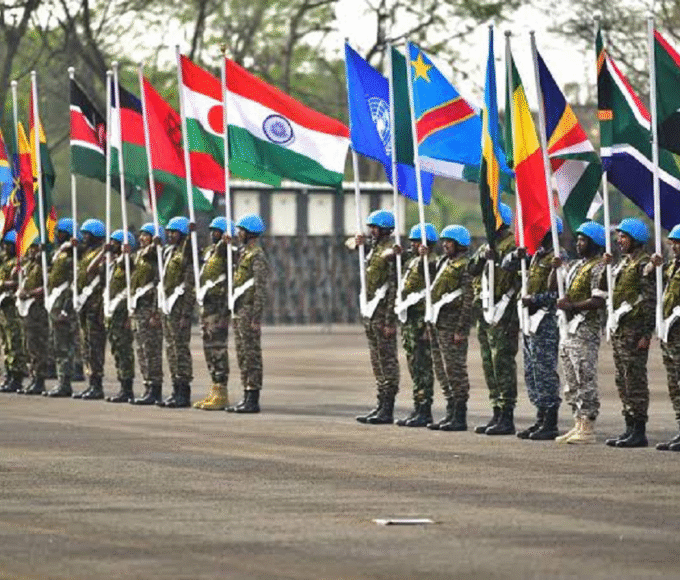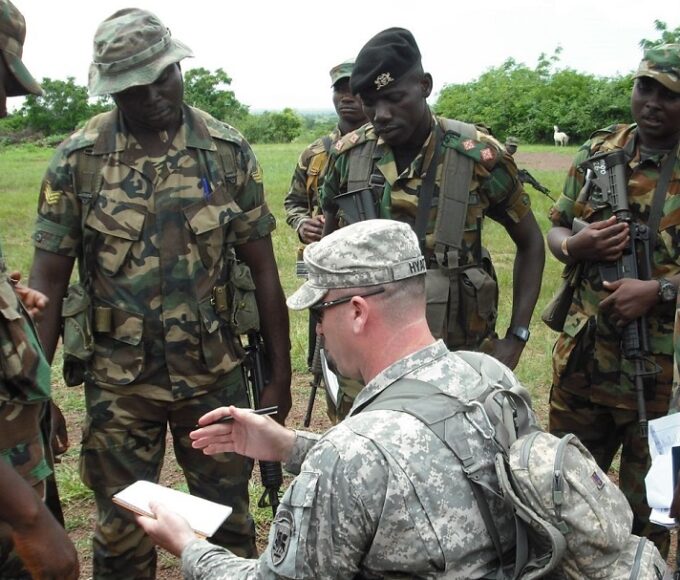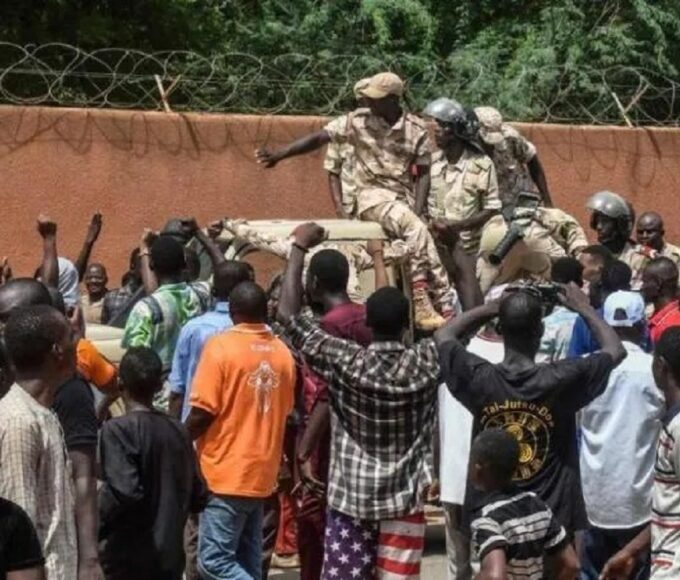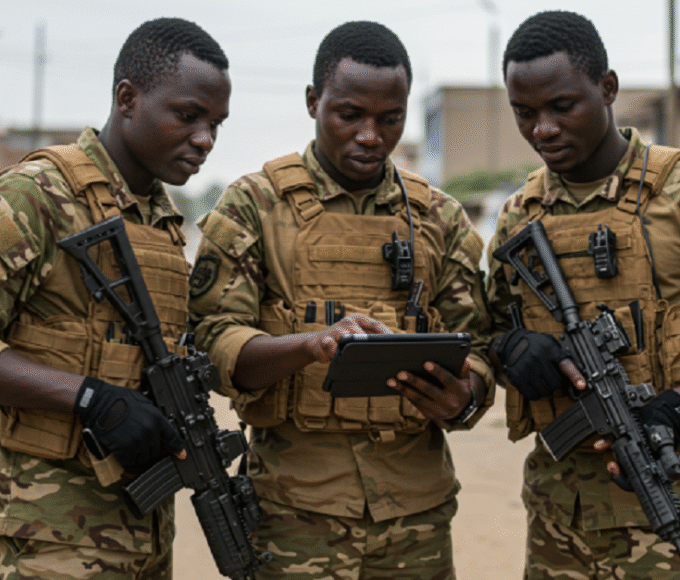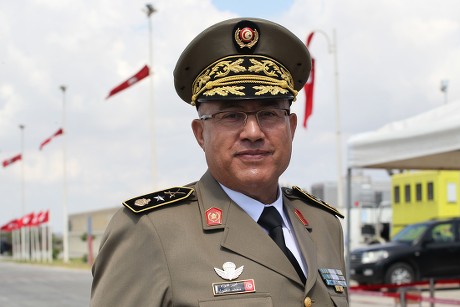
Brigadier General Mohamed El Ghoul: Safeguarding Tunisia’s Stability Amid Regional Turbulence
As Tunisia navigates both democratic fragility and regional unpredictability, the stability provided by a disciplined and modernising military is indispensable.
Perched at the northern gateway of Africa and flanked by a volatile regional neighbourhood, Tunisia commands more than just a strategic coastline—it commands the frontline in the fight for North African stability. Ranked 74th globally in the 2024 Global Firepower Index with a PowerIndex score of 1.2881, Tunisia’s military remains compact but mission-critical. At the heart of its operational focus is Brigadier General Mohamed El Ghoul, the Chief of Staff of the Tunisian Armed Forces—a quiet strategist committed to national stability in uncertain times.
Tunisia’s security landscape is defined by the delicate balance between democratic governance and the looming threats of extremism, arms trafficking, and border instability. With over 89,800 active personnel and a defence budget of approximately $1.26 billion, the Tunisian military plays a pivotal role in maintaining civil order and defending the nation’s sovereignty—especially along its porous borders with Libya and Algeria.
Under Brigadier General El Ghoul’s leadership, the armed forces have adapted to a unique national mission: not just to defend, but to protect Tunisia’s democratic experiment and constitutional order from internal and external subversion.
A career officer with a deep background in logistics and counter-insurgency planning, Brigadier General Mohamed El Ghoul ascended to the position of Chief of Staff during a period marked by socio-political uncertainty and resurgent extremist threats. His command style is characterised by discipline, operational precision, and an insistence on inter-agency coordination—qualities critical to Tunisia’s evolving security doctrine.
General El Ghoul has prioritised readiness and responsiveness across Tunisia’s land, air, and naval forces, placing a particular emphasis on mobility, border control, and intelligence-led operations.
Since the 2015 terrorist attacks that shook Tunisia’s tourism sector and national psyche, the country’s armed forces have recalibrated their doctrine around counterterrorism, urban warfare, and border protection. Today, the military operates in high-risk zones across western and southern Tunisia, often in tandem with specialised internal security units.
El Ghoul’s tenure has seen a continued upgrade of Tunisia’s surveillance capabilities, UAV usage, and intelligence cooperation with regional and international partners. These developments are crucial in the ongoing effort to neutralise cross-border insurgent groups and monitor illicit trafficking routes.
Tunisia’s military may be modest in size, but it is deeply integrated into international cooperation frameworks. Under El Ghoul’s command, the armed forces continue to engage in joint exercises with NATO, bilateral training programmes with the United States and France, and regional counterterrorism forums with North African neighbours.
The focus on professionalisation is also evident in Tunisia’s military academies and command schools, which have expanded language training, digital warfare instruction, and civil-military engagement modules.
Though Tunisia faces internal pressures—economic challenges, political fragmentation, and youth disenfranchisement—Brigadier General El Ghoul has maintained the military’s non-partisan stance. He remains committed to ensuring that the armed forces stay clear of political entanglements, while continuing to serve as an institution of national trust and operational competence.
As Tunisia navigates both democratic fragility and regional unpredictability, the stability provided by a disciplined and modernising military is indispensable. Brigadier General Mohamed El Ghoul leads with quiet resolve, steering the armed forces through a landscape where restraint and readiness must go hand in hand.
Recent Posts
Categories
- Air & Aerospace16
- Border Security15
- Civil Security4
- Civil Wars4
- Crisis5
- Cyber Security8
- Defense19
- Diplomacy19
- Entrepreneurship1
- Events5
- Global Security Watch6
- Industry8
- Land & Army8
- Leadership & Training5
- Military Aviation5
- Military History27
- Military Speeches1
- More1
- Naval & Maritime9
- Resources2
- Security12
- Special Forces1
- Systems And Technology9
- Tech6
- Uncategorized3
- UNSC1
- Veterans6
- Women in Defence9
Related Articles
INDIA’S GROWING MILITARY PARTNERSHIPS WITH AFRICA
India’s engagement with Africa is undergoing a quiet but powerful transformation. What...
ByKing Richard Igimoh, Group Editor ALOOctober 14, 2025EVOLVING HORIZONS: TRAINING THE AFRICAN SOLDIER IN A CHANGING LANDSCAPE
The training of African soldiers has undergone a profound transformation in recent...
ByKing Richard Igimoh, Group Editor ALOOctober 2, 2025COLD WAR AFRICA: PROXY WARS AND THEIR IMPACT
The Cold War in Africa, spanning from the late 1940s to the...
ByKing Richard Igimoh, Group Editor ALOSeptember 26, 2025AI AND AFRICA’S MILITARY INTELLIGENCE: PROMISE AND PERIL IN A TRANSFORMING SECURITY LANDSCAPE
Africa’s military landscape is entering a new chapter, shaped by the rapid...
ByKing Richard Igimoh, Group Editor ALOSeptember 22, 2025



